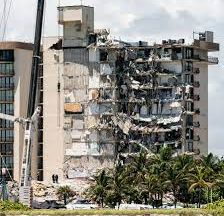 October 2022
October 2022
Eliminating reserve funds is one way to reduce fees.
Reserve funds can account for 30 percent of condo fees. Reducing the contribution is an easy way to lower fees; achieved with poorly prepared or “adjusted” reserve fund studies. Adjustments may include modifying the assumed rate of inflation, unrealistic component life expectancies, lower replacement costs for components or failing to include items in the study. Given all this, why not just eliminate the requirement for a reserve fund?
Reserve funds ensure owners pay their share of common property usage so there is enough money to pay for major replacements and restoration.
If there were no reserve fund, owners would be assessed an amount each time equipment or windows need to be replaced, garage area repaired and renovations undertaken. Each could range from hundreds to tens of thousands of dollars and owners would argue about the need for each assessment. Not every owner would have funds to pay the assessed amount. Selling a condo would be harder since a buyer would be taking on the obligation of repairing and replacing building components a seller failed to maintain.
Such a situation is currently playing out in British Columbia where reserve funds are required but with no obligation to fund them. Reserve funds have been underfunded for decades as problems mount and buildings decay. Today these communities are under threat by rising insurance premiums and deductibles, and inability to obtain insurance, to cover the cost of escalating problems.
In Ontario, reserve funds must be funded although many remain underfunded.
The importance of proper reserve fund studies and fully funded reserve funds to the continued viability of communities cannot be understated.







